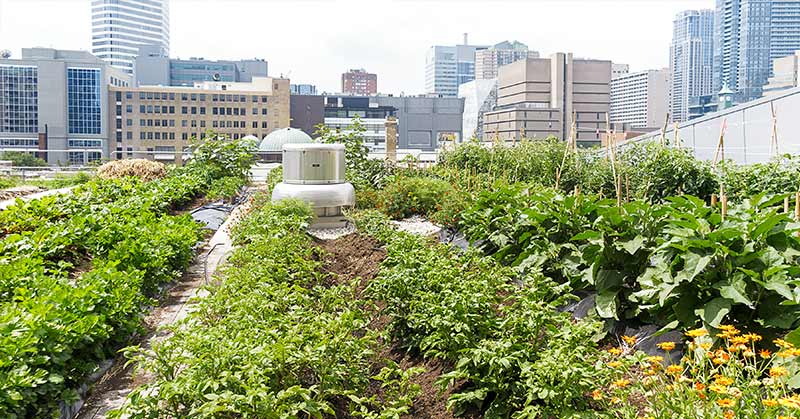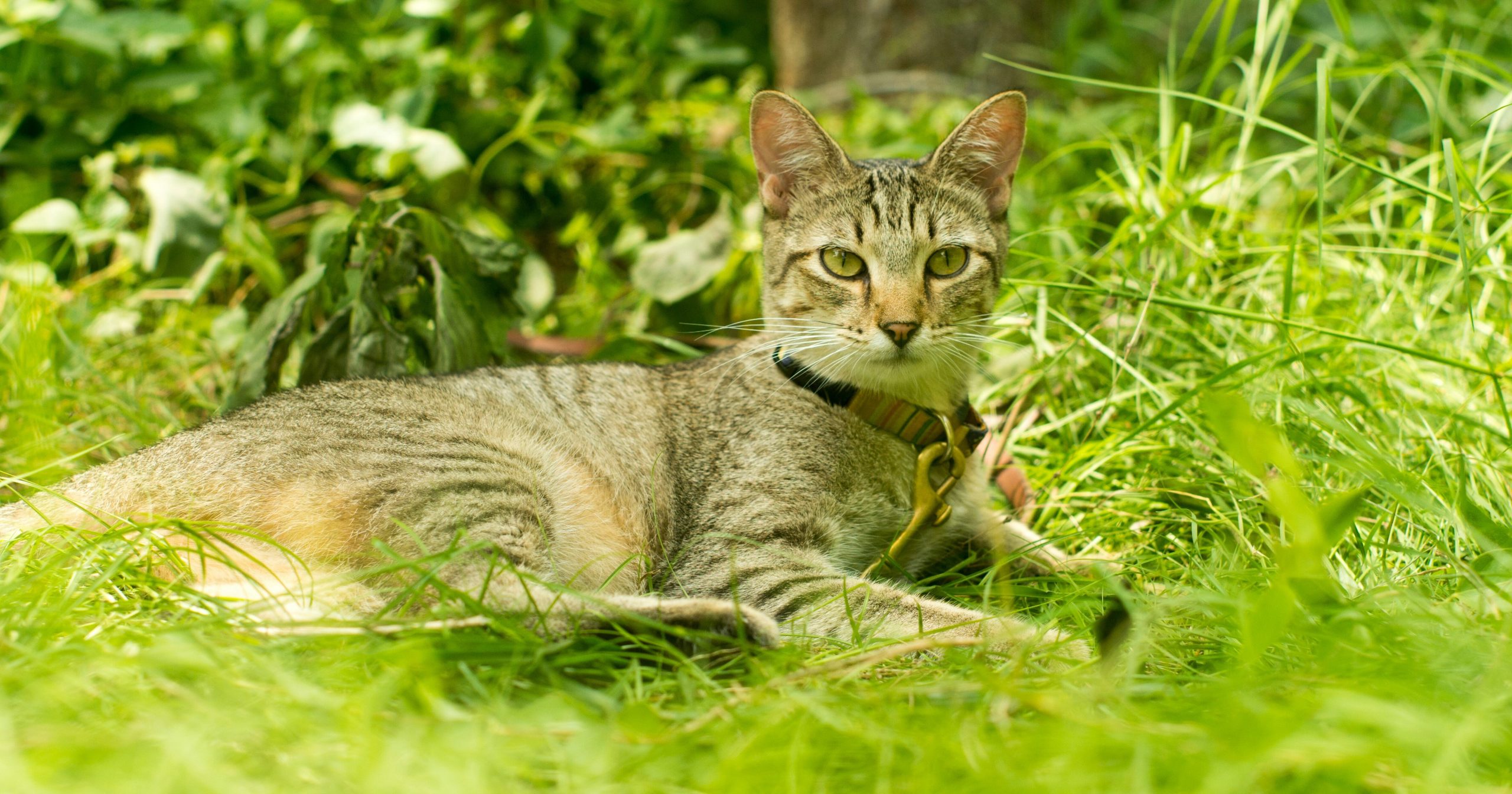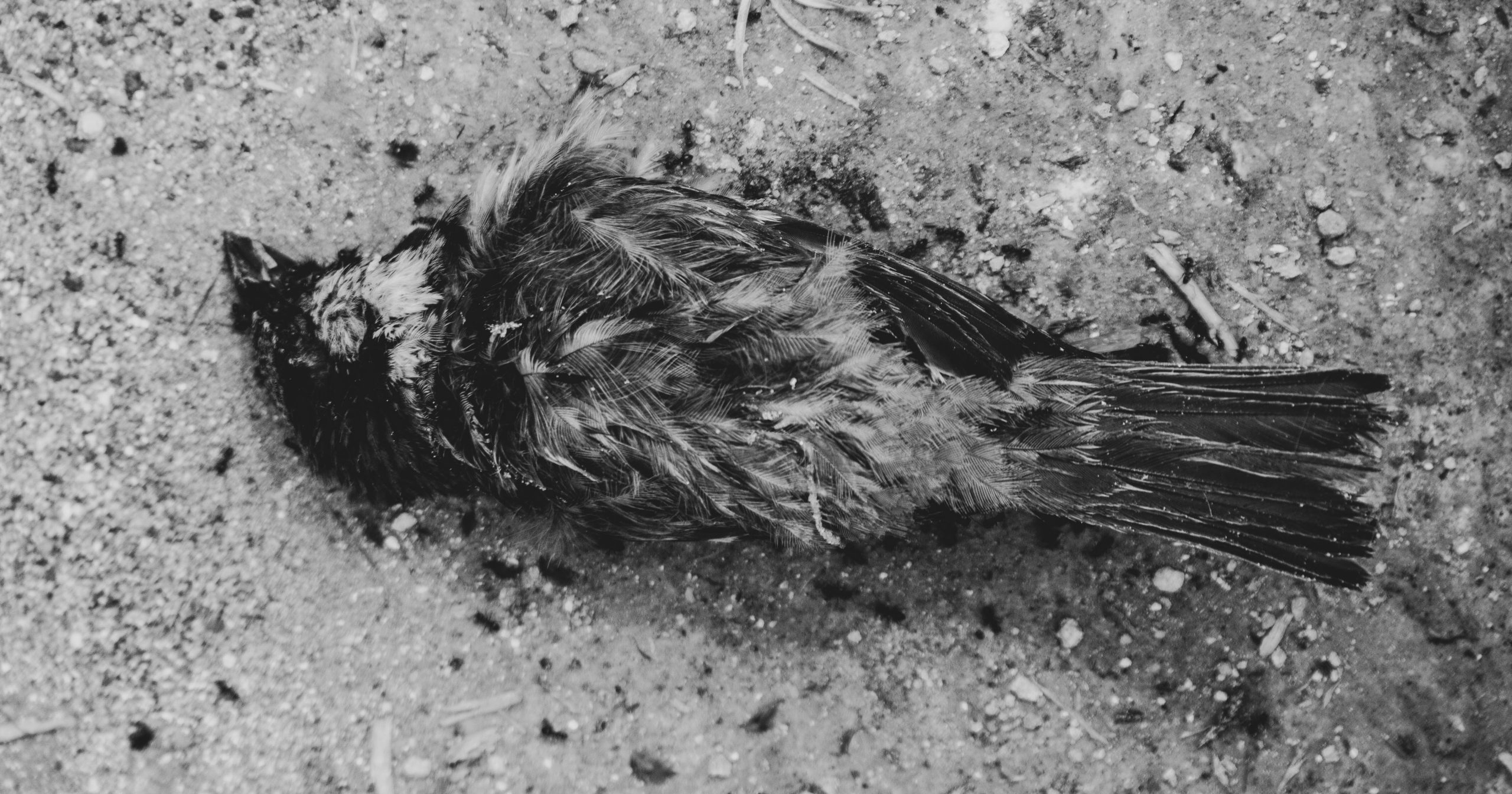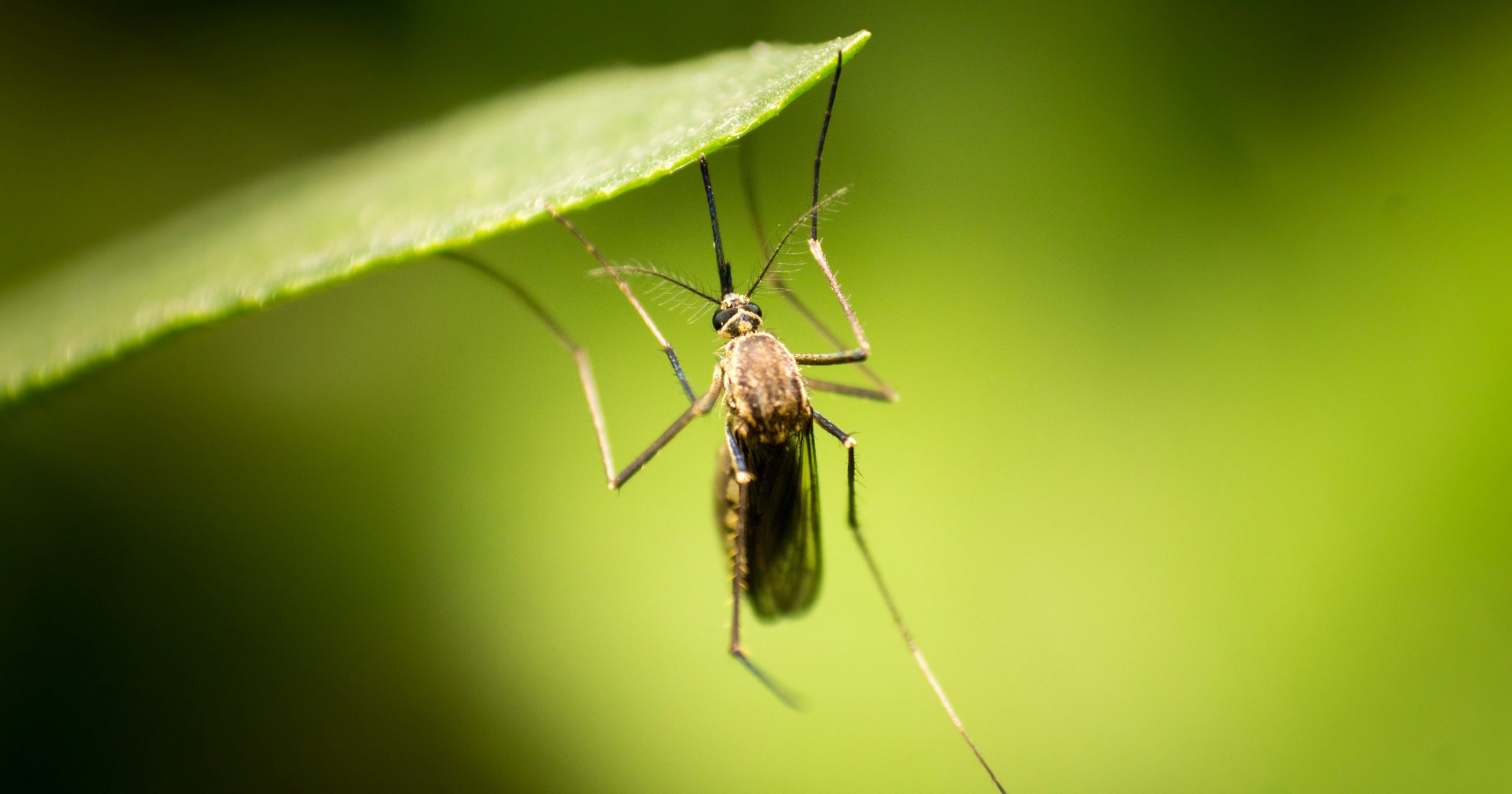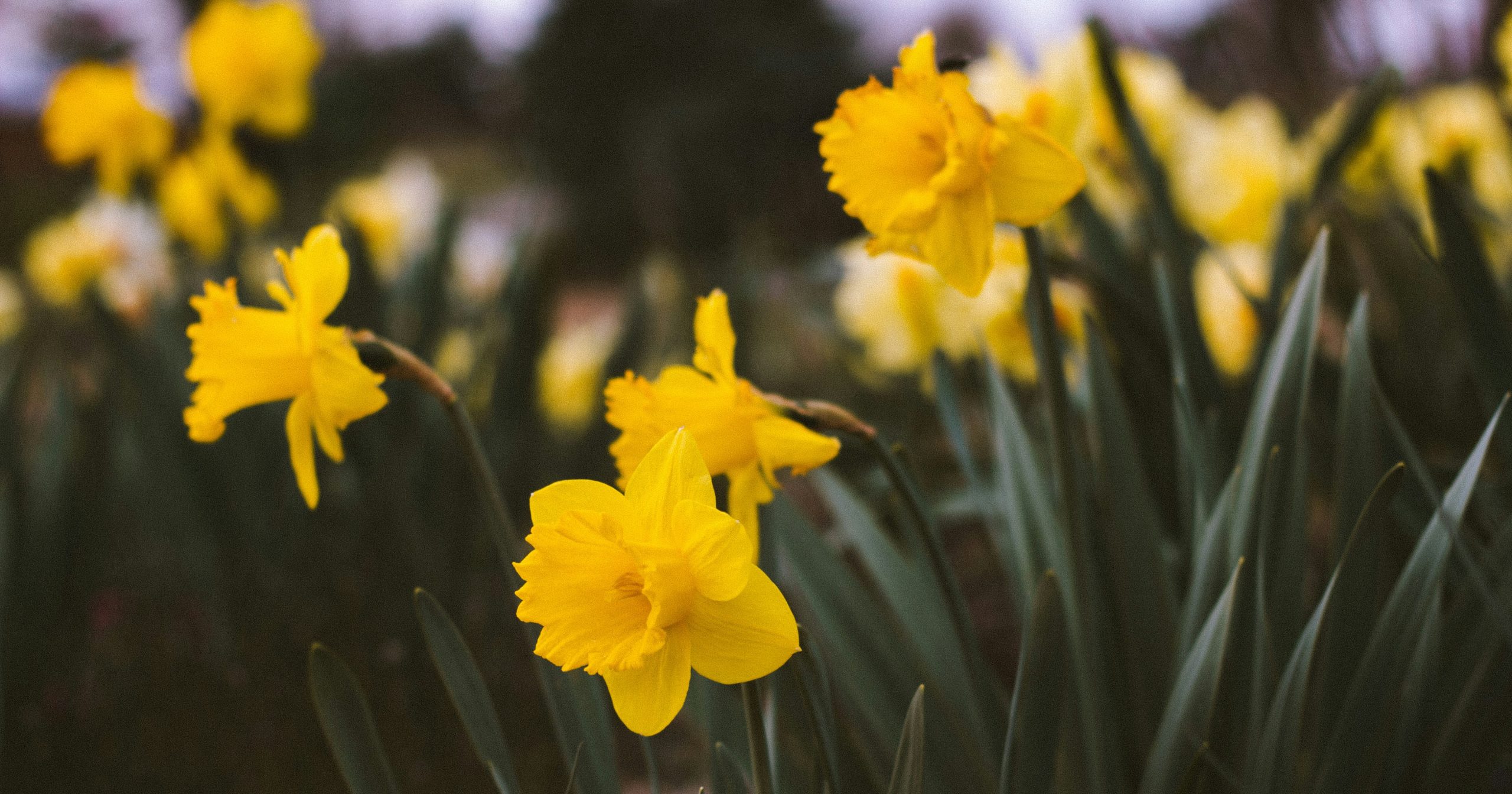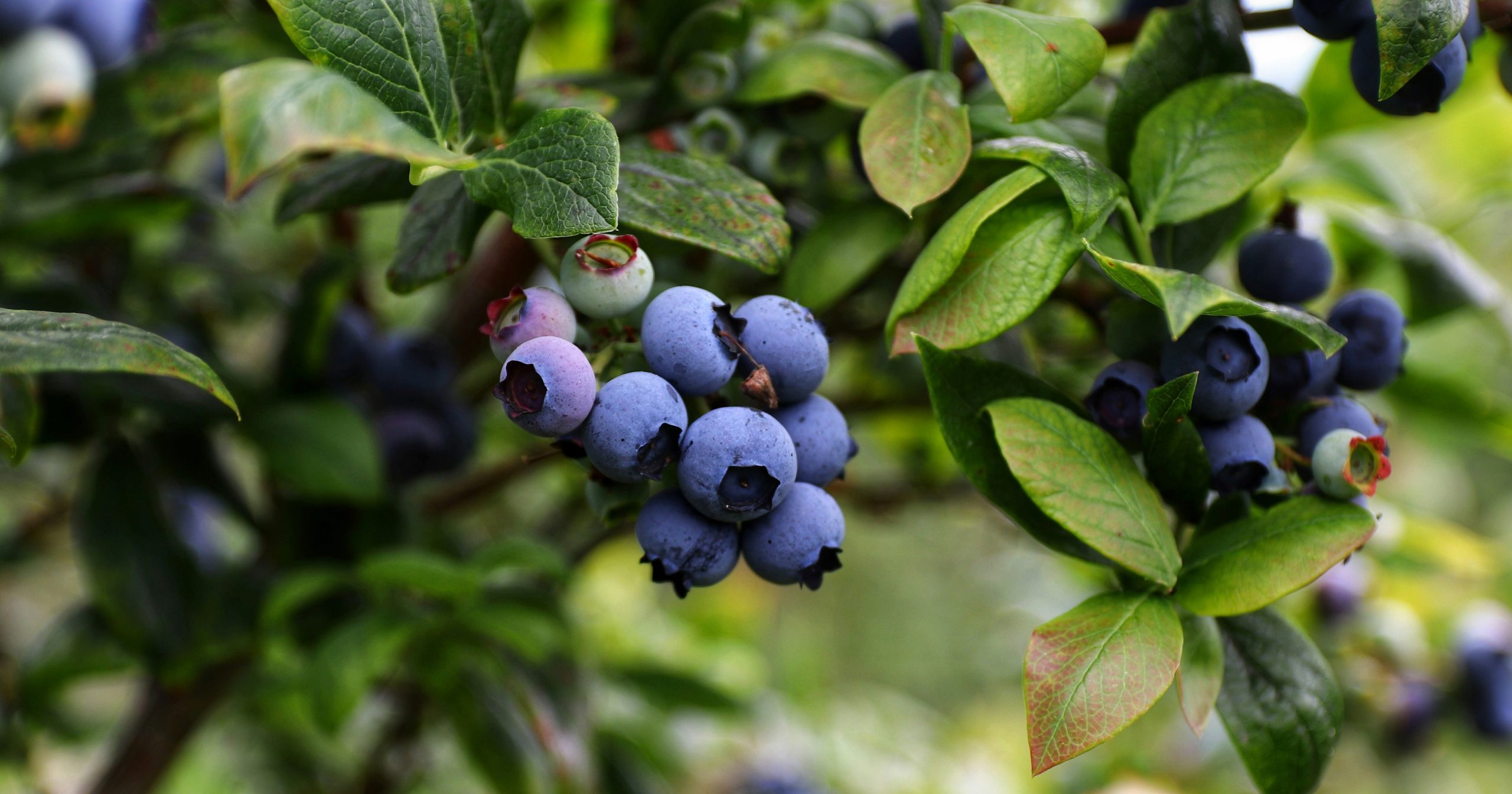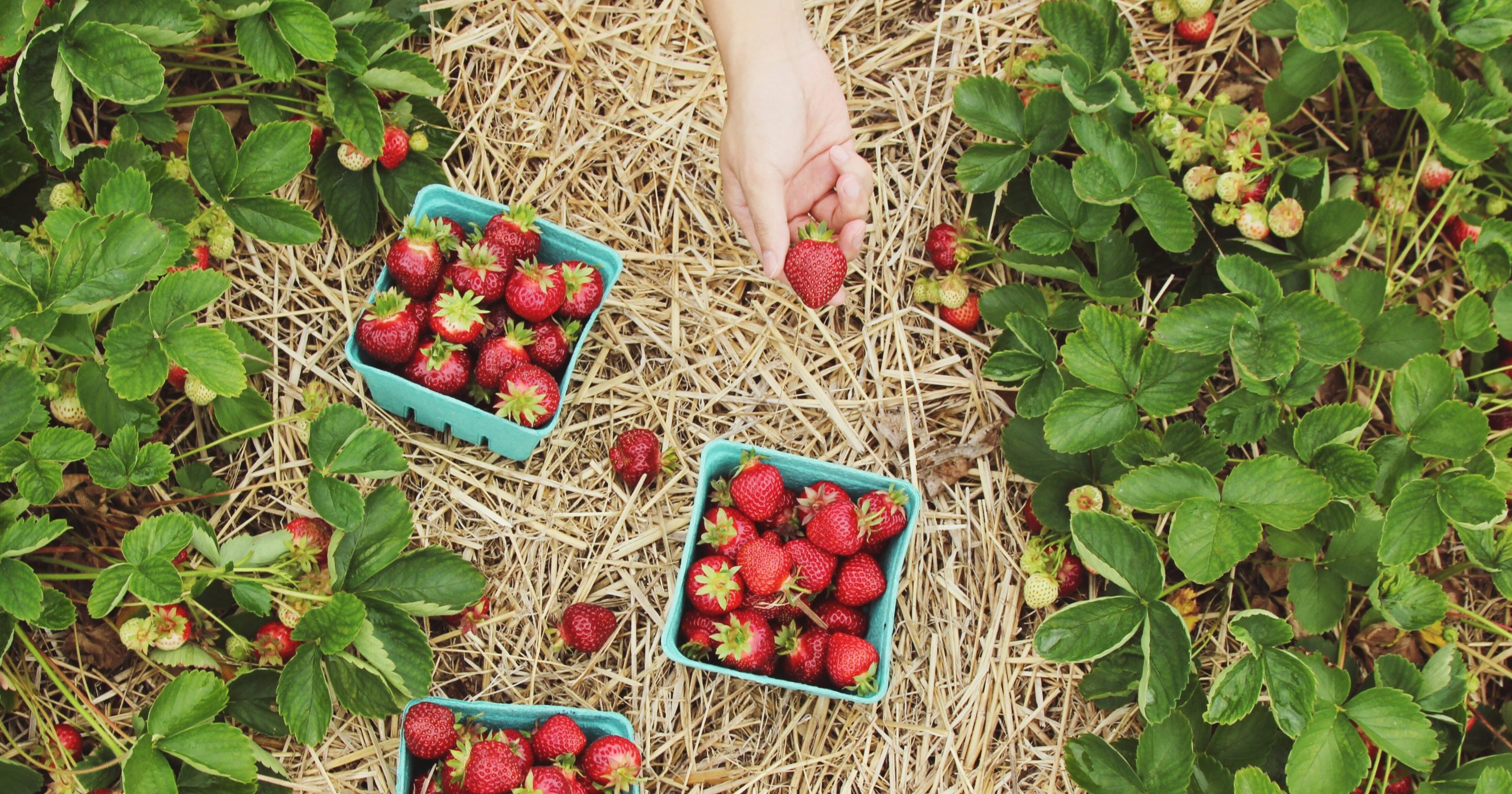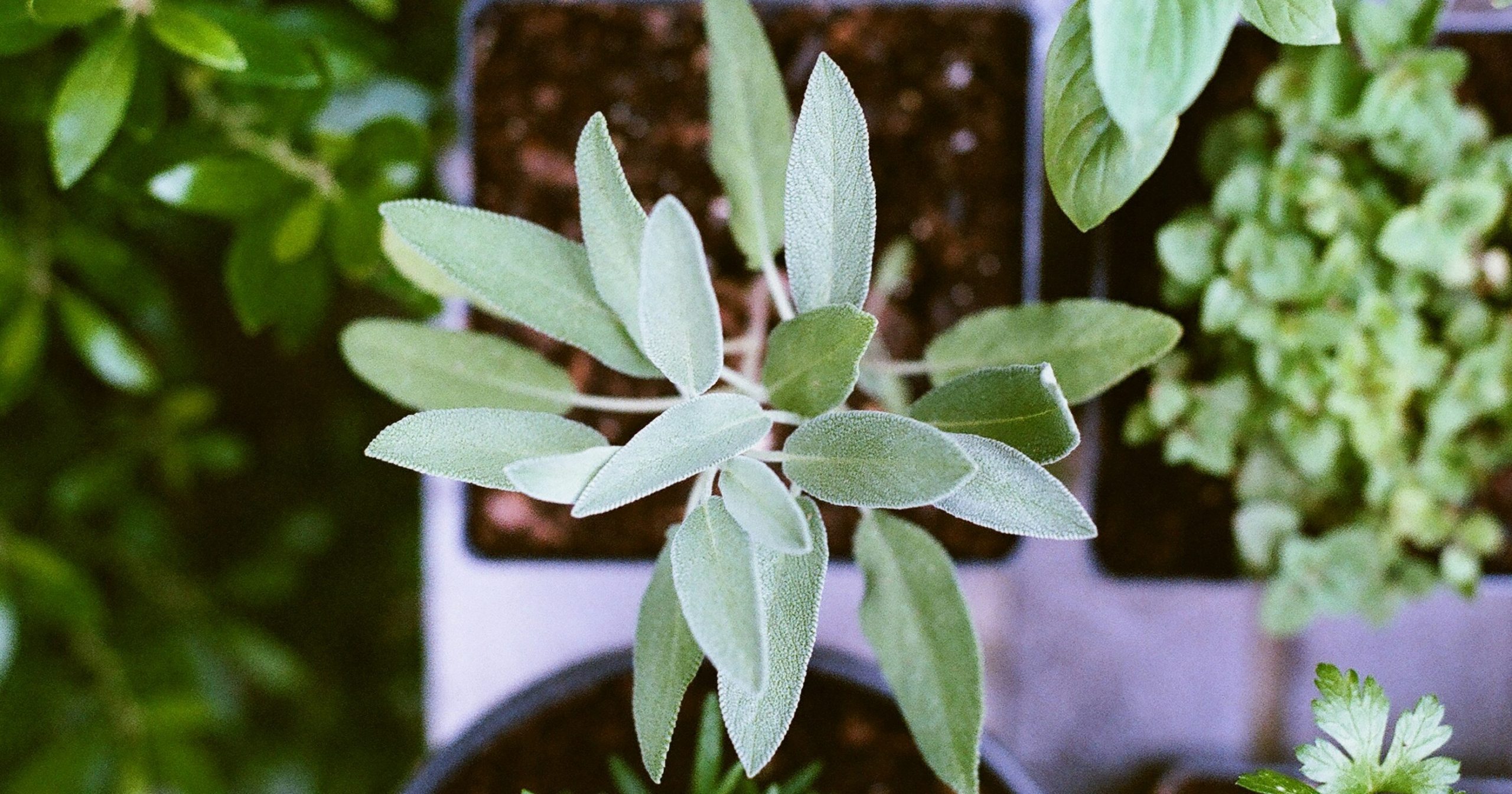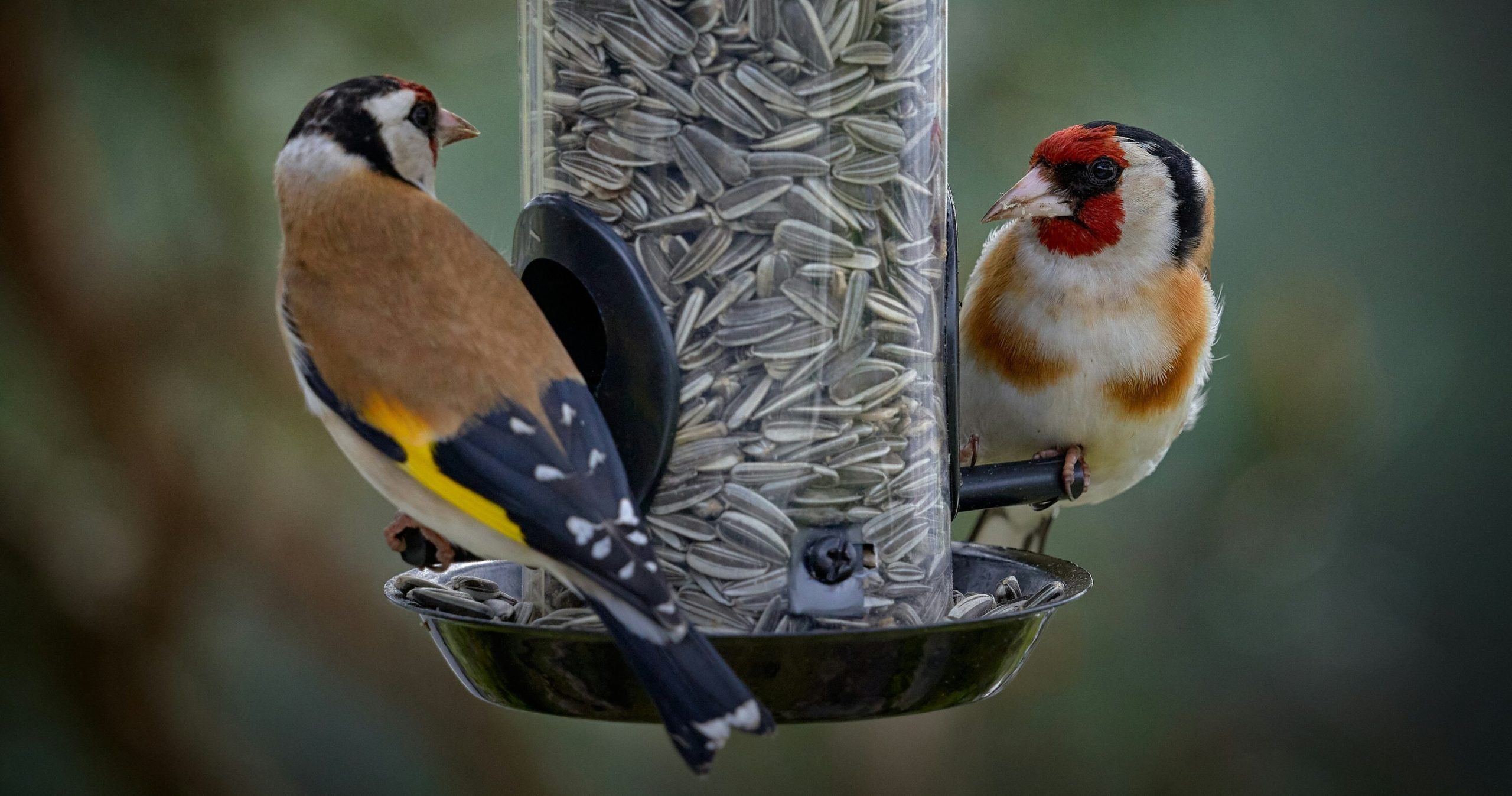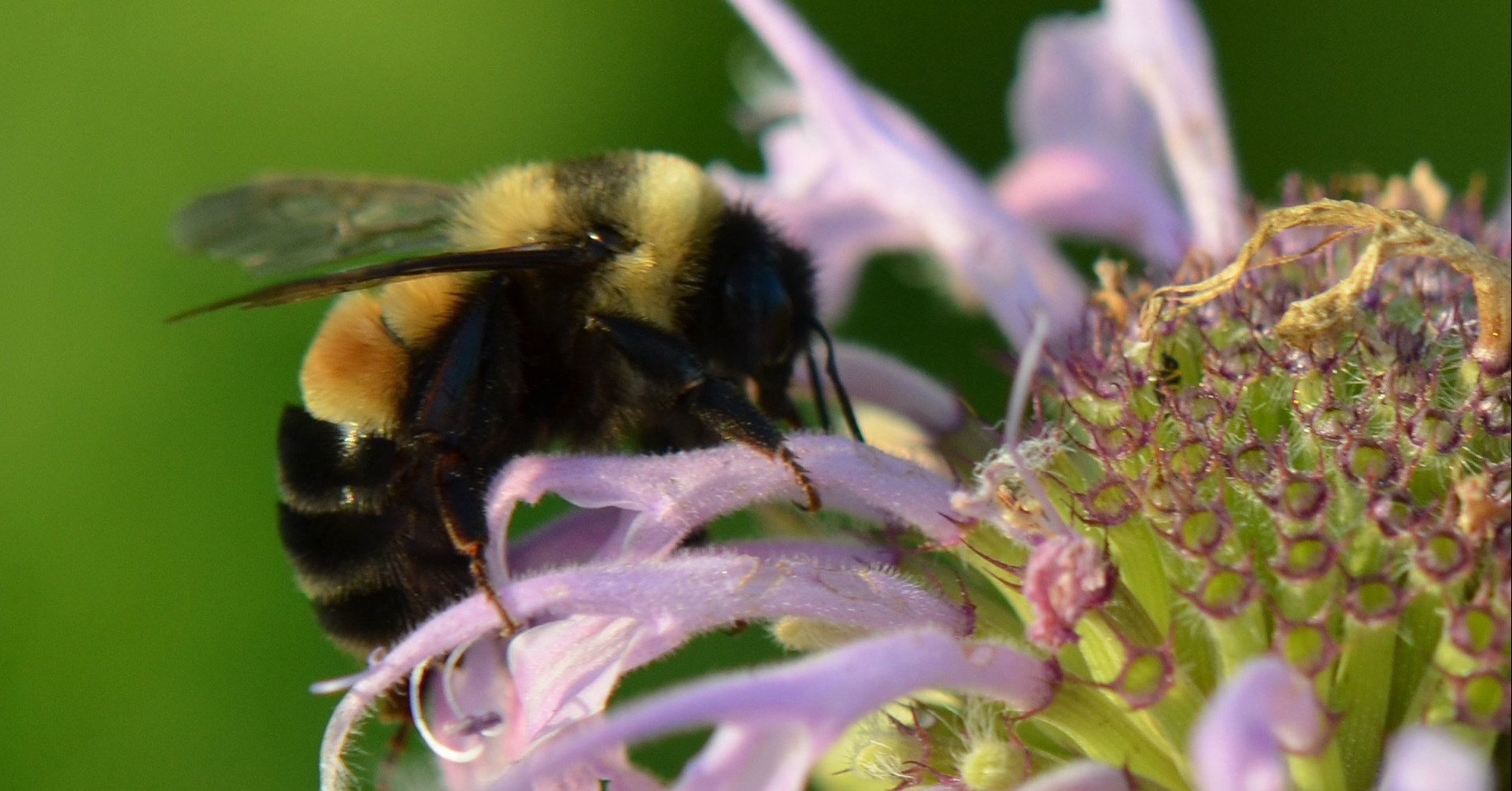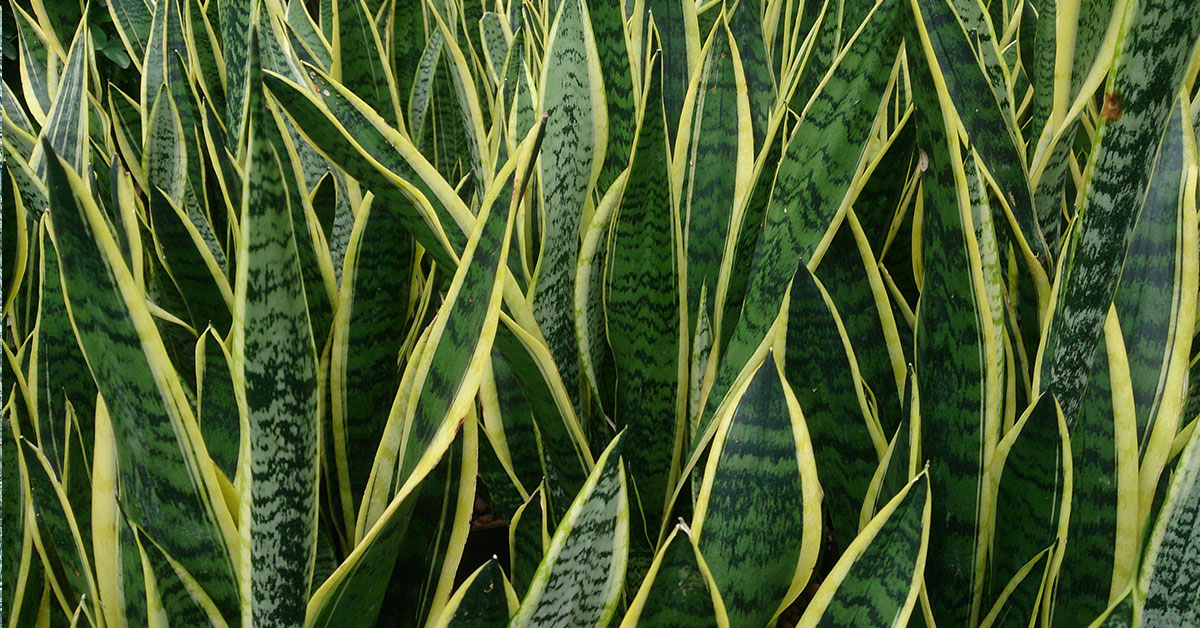If you have access to light, water, soil, and a plant, you can have a garden. Anyone can do it! There is no such thing as a garden too small or a thumb too brown. When you picture a garden, you might think of a big, lush, green space yielding lots of fruits and vegetables. But gardens come in all shapes and sizes and can be planted anywhere, even in the big city. So what is urban gardening and what does it entail?
Urban gardening is defined simply as the act of planting a garden in an urban environment. People utilize tons of different methods for gardening in the big city, like renting plots in community gardens, container gardening, gardening indoors, guerilla gardening, and planting rooftop gardens.
Why are urban gardens important?
In the big city, green spaces can be in short supply, and urban environments tend to create food deserts. A food desert is defined as an area in which there is little or no access to locally grown, fresh, healthy foods. A food desert might manifest as a neighborhood that has plenty of corner markets but not a larger grocery store with a large selection of healthy, fresh produce.
Urban gardens act as a way to push back against the reality of urban blight and food deserts. Your big city garden helps alleviate the lack of greenery and the lack of fresh food in your urban environment. Your urban garden can also act as an inspirational learning piece for the community – when people see how easy and accessible gardening in the city can be, they too may decide to start gardening with the space they have as well.
What stops people from urban gardening?
I would argue that the biggest block people have on gardening is simply believing that they can’t do it. I can’t tell you how many times I’ve heard someone say ‘I can’t garden, I have a brown thumb.’ There is no such thing as a brown thumb! Humans have been cultivating plants successfully for hundreds of generations. You can do it too.
Second to that is a lack of creativity. Vegetables can be planted in containers on balconies, on rooftops, in tiny yard spaces – they can even hang upside down from your roof and still grow with little issue. And just because you have a small garden doesn’t make your garden unworthy.
There’s something heroic about a gardener who uses the handful of square feet that they have to produce healthy produce for themselves, their families, and neighbors.
Are there environmental issues with urban gardening?
There are most definitely environmental issues associated with urban gardening. Urban gardens are impacted by all of the same city pollution that you are. They’re exposed to vehicle exhaust and other pollutants. Even soil can become contaminated in a city. But that’s no reason to shy away from your urban gardening dreams.
Urban gardens also have a positive impact on the environment by consuming carbon dioxide, producing clean air to breathe, and lowing the carbon footprint of the food you eat. To the latter point, the further food has to travel, the more it contributes carbon pollution to our atmosphere. So growing your own food, even if it’s just a little bit, has a net positive impact on the environment.
